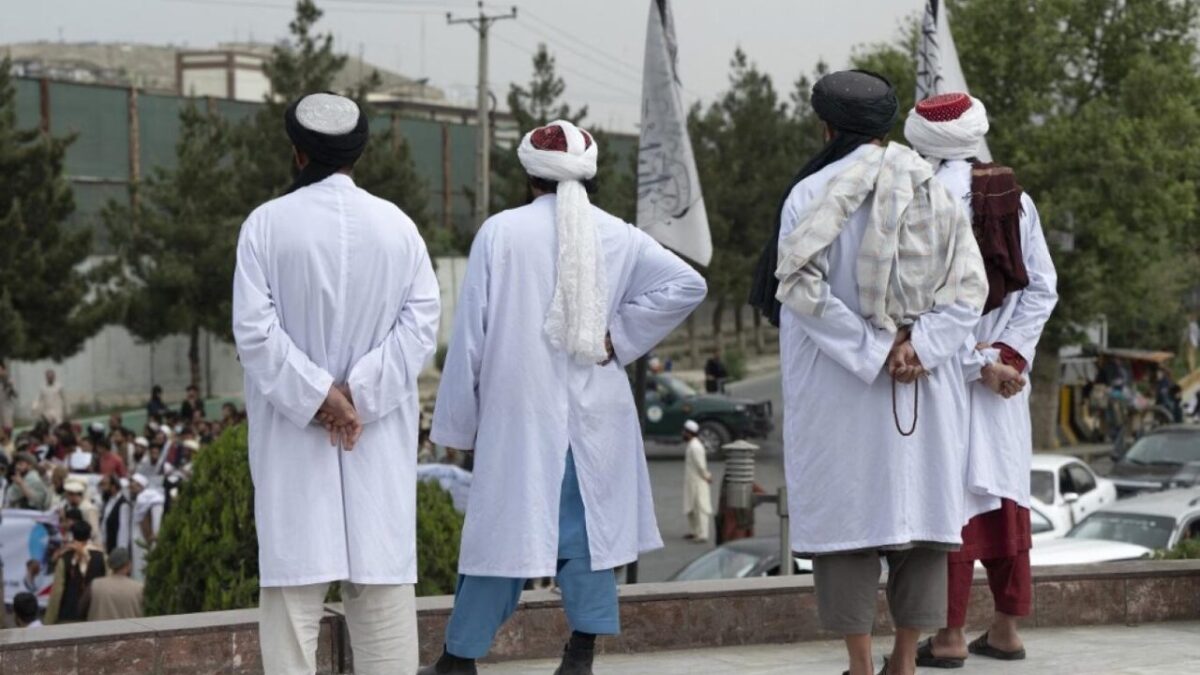HERAT, Afghanistan — Professors at Herat University report that the Taliban’s Ministry for the Promotion of Virtue and Prevention of Vice has issued strict orders prohibiting them from shaving their beards and mandating daily attendance at congregational prayers.
According to faculty members, who spoke on the condition of anonymity, Taliban officials warned during a recent meeting that professors who fail to comply with the beard requirement or prayer attendance will face imprisonment. The directive, shared in a gathering of about 40 professors and department heads on Tuesday, October 29, stipulates that male staff members must keep beards at least “one fist length” — a traditional standard within Taliban ranks.
In addition, faculty members say the Taliban representative instructed them to report any non-compliant colleagues to the Ministry, emphasizing the enforcement of religious conformity within university ranks.
“This week, at a meeting I attended, the head of the Virtue Ministry in Herat warned all faculty members and department heads that employees must grow beards and attend congregational prayers, or they risk being jailed,” one professor said, noting that the required beard length mirrors that of Taliban officials.
Over the past three years, the Taliban have issued multiple decrees mandating traditional practices, including wearing turbans and attending group prayers, university faculty members say. Basir Ahmad Danishyar, a former Herat University professor, remarked that these policies are likely designed to replace skilled professionals with Taliban loyalists. “With these restrictions, they’re pressuring specialists to leave, opening posts for their own like-minded people,” he said. “It’s unacceptable for our society.”
Herat University students also report feeling the pressure. Some say they’ve been questioned by Taliban officers on campus for not adhering to the beard mandate. “Now everyone, both professors and students, is required to grow a beard and attend congregational prayers,” one student said.
These new restrictions reflect the Taliban’s expanded enforcement of their recently formalized “Virtue and Vice” law, enacted in August. This law, introduced in a 35-article document signed by Taliban leaders, grants officers the power to detain and punish individuals for non-compliance. Notably, it prohibits women’s voices from being heard in public, bars men and women from gazing at one another, and mandates full body covering for women when outside their homes.
The law’s Article 13 states, “A woman’s entire body must be covered. Her face should be concealed to avoid temptation, and her voice — in singing, public reading, or recitation — is considered immodest.” It further restricts women from leaving their homes unless entirely veiled and mandates silence in public spaces.
These regulations have sparked condemnation from rights groups and governments worldwide. However, Taliban officials remain steadfast, pledging full enforcement despite growing opposition both within Afghanistan and internationally.





